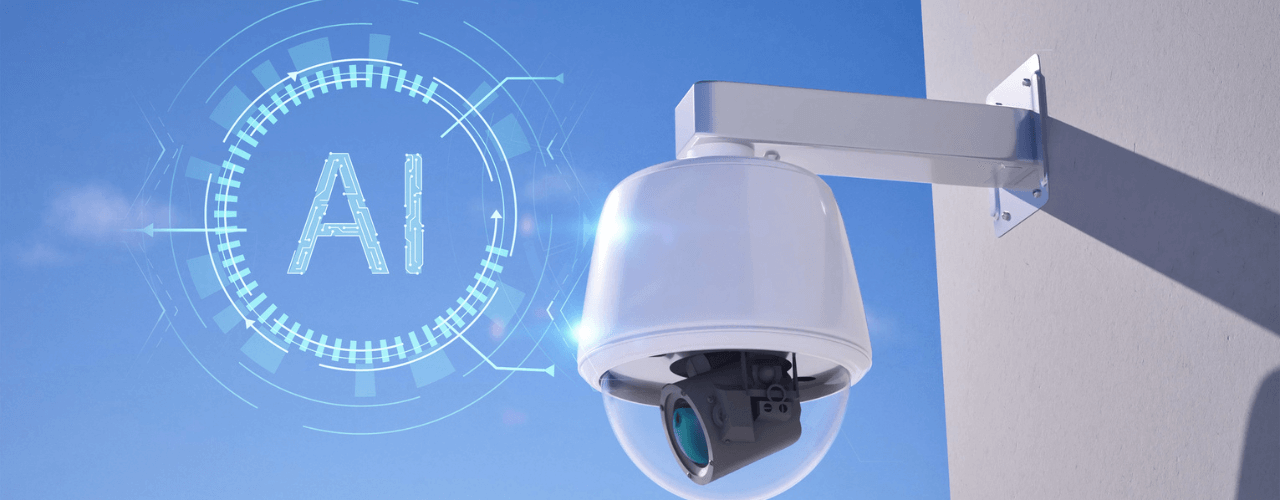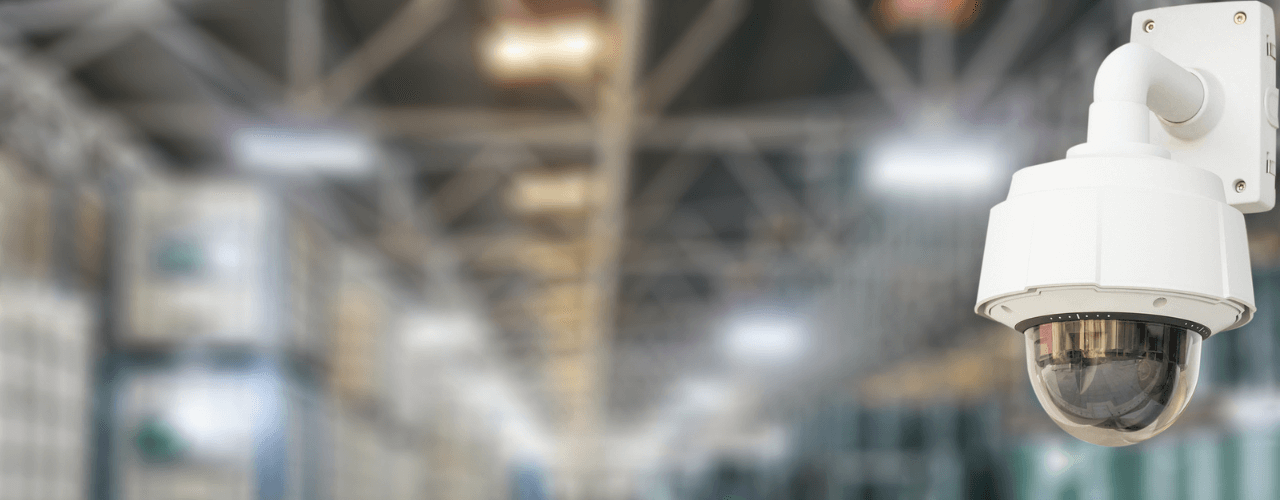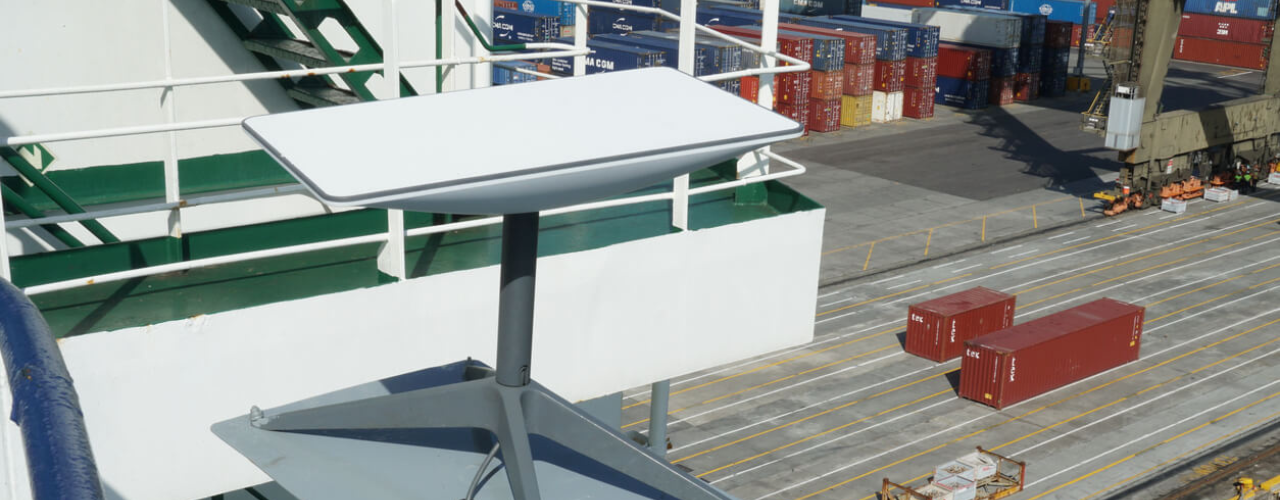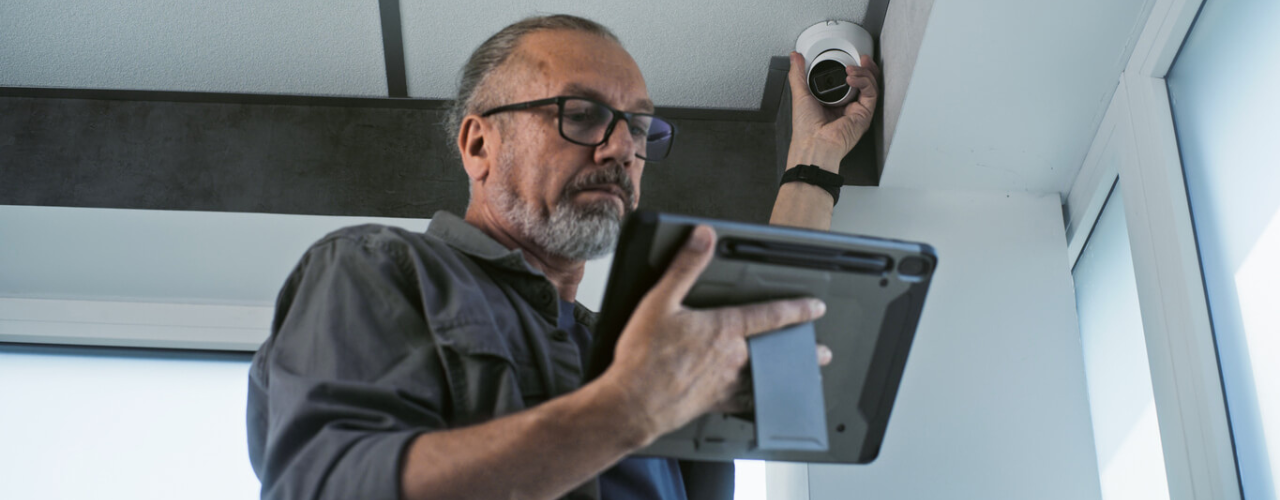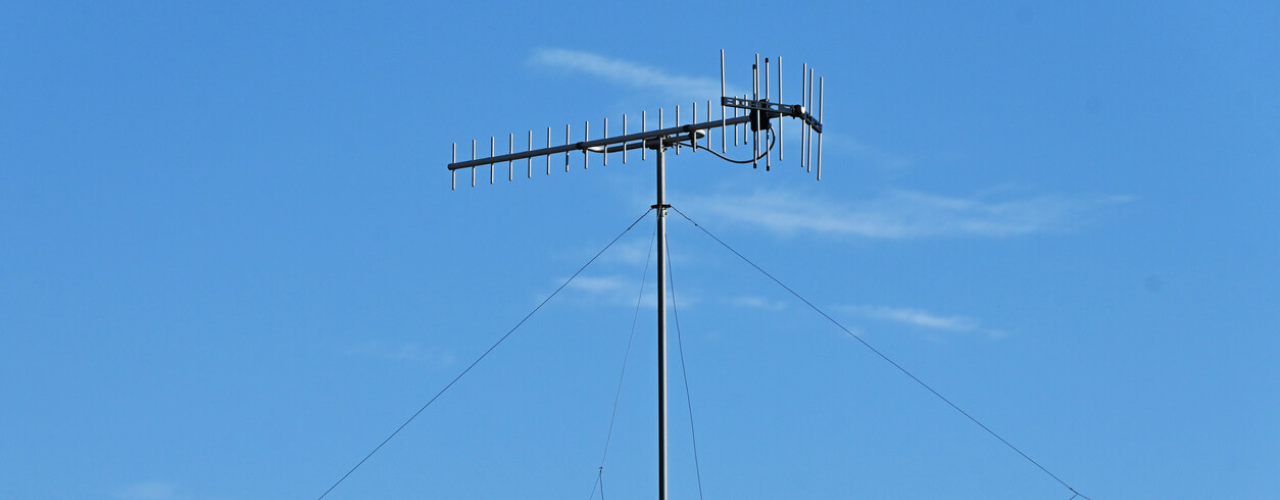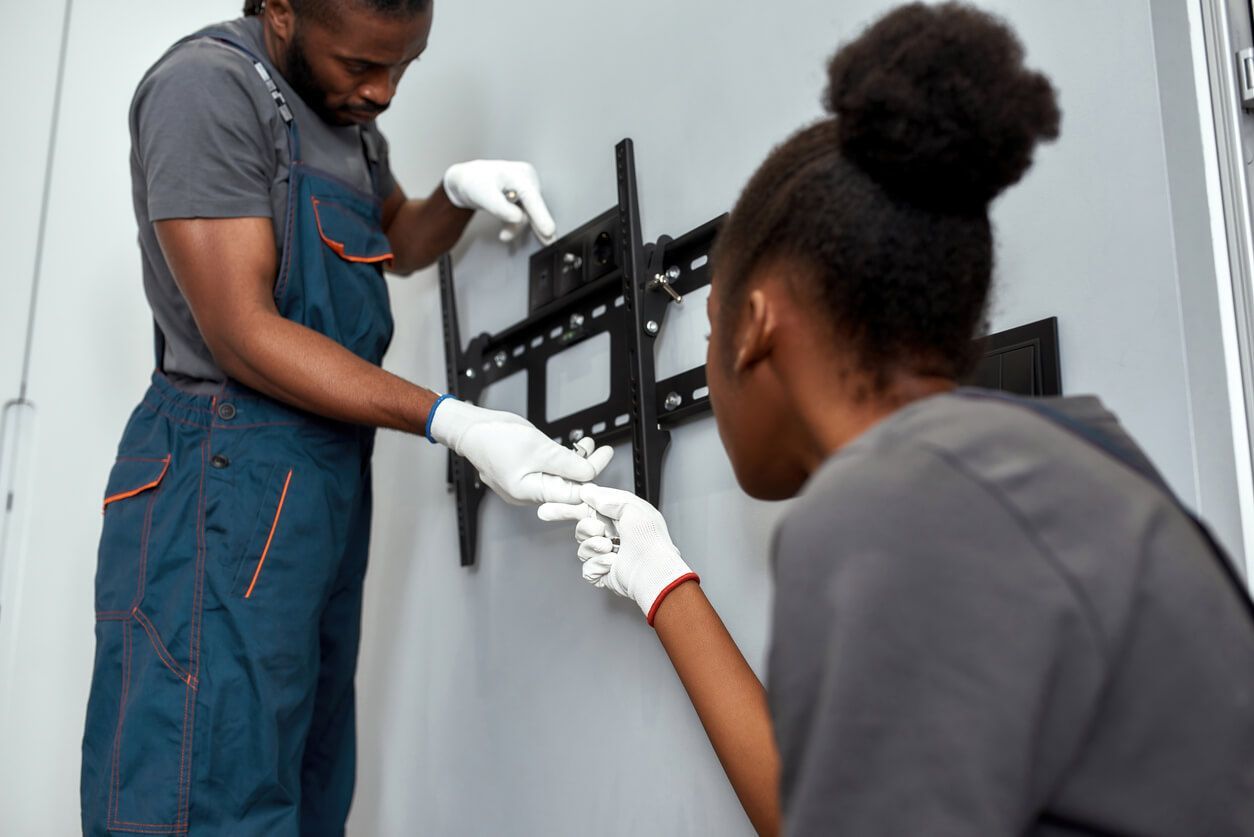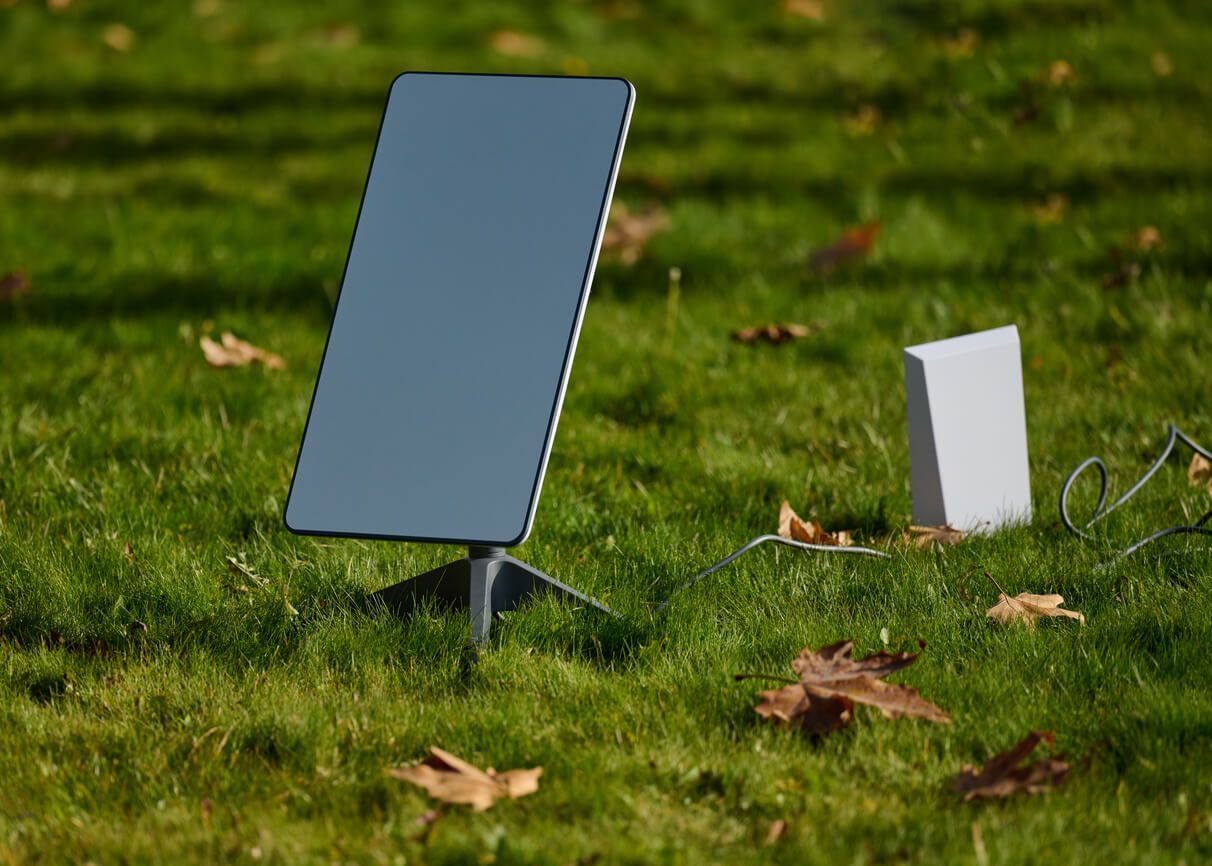The Real Cost of Poor Cabling in New Build
When buyers move into a new build property, they expect everything to work from day one. Yet one of the most common frustrations we hear about is faulty or underperforming wiring. Poorly planned cabling can leave residents dealing with weak signals, rewiring, and unreliable broadband just a few years down the line. Professional cable installation at the construction stage makes all the difference between a property that performs as expected and one that causes constant headaches.
Why Cabling Matters More Than You Think
Cabling can get overlooked during the design of a new build. Developers may focus on finishes and energy efficiency, but the wiring hidden behind walls is just as important. A weak setup can lead to dropped internet connections, limited room for upgrades and potential safety risks if corners are cut. Good planning and precise cable installation ensure that every room has capacity to support both entertainment and work requirements.
What Problems Does Poor Cabling Create in New Builds?
Inconsistent broadband speeds
Homeowners expect reliable broadband throughout the property. Poor cabling can cause limit the maximum speeds available. Using substandard materials or running cables too close to electrical lines often leads to interference, which frustrates both residents and landlords.
Limited connection points
New builds with too few data and coax outlets restrict how homeowners can set up their living spaces. Adding new outlets later is disruptive and costly. Proper cable installation during the build means residents can position TVs, desks or smart devices without compromise.
Difficulty supporting smart technology
Modern homes rely on more connected devices than ever before. Weak cabling limits the ability to integrate systems like smart lighting or heating. This leaves residents dealing with unreliable wireless solutions or paying for expensive retrofits.
Safety and compliance concerns
Badly fitted cables can create fire hazards or fail to meet building regulations. Inadequate labelling or routing makes maintenance harder for anyone working on the property in the future.
How Does Poor Cabling Affect Developers?
Cutting costs on wiring may save money upfront, but problems often surface later. Warranty claims and negative reviews can all stem from overlooked infrastructure. Properties with well-planned cable installation not only perform better but also enhance the reputation of the builder. Large-scale developments and housing associations face even greater expense when multiple homes require remedial work.
Why do Homeowners End up Paying More?
Residents often face upgrade costs almost as soon as they move in. Running new cables after construction causes disruption at the very time homeowners want to settle in. Investing in quality cable installation from the start avoids these frustrations and provides a future-proofed home.
How Does Professional Installation Solve These Issues?
Professional installers design networks that match both current needs and potential future upgrades. This includes:
- Running high-quality data cables separate from electrical wiring
- Ensuring ample outlets in each room
- Using patch panels and structured layouts for easier maintenance
- Testing every line to confirm reliable performance
These steps mean that when residents plug in a router, TV or security system, it works first time. A careful cable installation process gives both developers and homeowners confidence in the finished property.
Why Structured Cabling Matters in Modern Homes
Wi-Fi is important, but a strong wired backbone remains essential. Streaming and online gaming perform better when supported by solid infrastructure. Structured cabling allows homes to support wired and wireless systems together. Developers who prioritise professional cable installation give their projects a clear advantage.
What Mistakes Happen During Installation?
Problems often occur when contractors without specialist knowledge handle cabling. Leaving too much slack, cutting cables at poor angles or using connectors that degrade over time can each cause intermittent faults that are hard to diagnose later. Partnering with a team experienced in cable installation ensures that the system is reliable from the very start.
What Should Developers Check Before Sign-Off?
To avoid future problems, developers should ask:
- Has every line been tested for speed and reliability?
- Are there enough outlets in key rooms?
- Is the cabling positioned to support media walls or smart systems?
- Does the installation comply with the latest safety standards?
Checking these points during the build helps developers feel confident they’ve invested in quality cable installation.
What do Homeowners Want to Know About Cabling?
Do new build homes come with structured cabling as standard?
Not always. Some are limited to basic connections, which may not support modern requirements.
Can cabling be upgraded after construction?
Yes. However, it is far more disruptive and expensive than installing it properly during the build.
What type of cables are best for futureproofing?
Cat6 or higher is recommended for most residential projects. They provide faster speeds and better reliability than older standards.
Why not just rely on Wi-Fi?
Wireless networks are important, but they rely on strong cabling for backhaul. Without this, even the best router will struggle.
How long does professional installation take?
This depends on the size of the development. A skilled team can usually complete cable installation efficiently within project timelines.
How Cube Communications can help
With decades of experience across West Yorkshire, Cube Communications has supported domestic and commercial projects of every size. We work with developers to plan layouts, recommend materials and carry out professional installation that meets compliance standards. Our engineers test every outlet, making sure each property is handed over ready for immediate use. Landlords and housing associations also benefit from our thorough approach, which reduces call-backs and keeps residents happy.
Creating homes that meet expectations
Poor cabling can lead to unavoidable problems. Investing in proper design and installation at the outset means new builds are equipped to handle today’s needs as well as future demands. Professional cable installation reduces costs and ensures every property is truly move-in ready.
Future residents deserve a home where the wiring works as reliably as the rest of the build. Contact Cube Communications for expert planning and installation that protects your reputation and provides long-term value.


